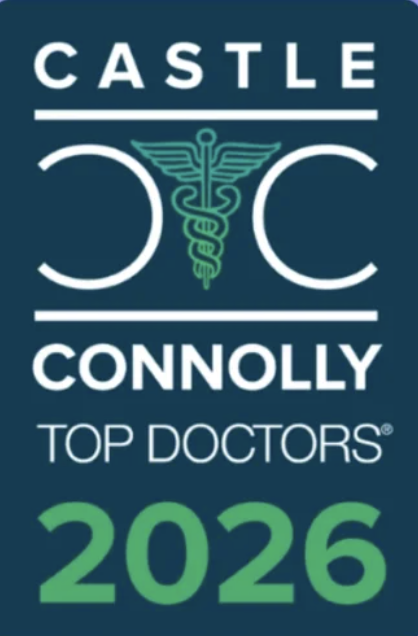The Reflux Diet Cookbook and Cure - Sleep "Chief Nourisher of Life's Feast" (Macbeth, Shakespeare)

Good sleep is critical to all physical and emotional functions. In search of good sleep, or as part of the remedies for poor sleep, consideration to reflux is almost always overlooked! Only recently have some medical research papers discussed the association between sleep disorders and reflux, particularly the association between sleep apnea and reflux.
Reflux can result in sleep disturbances by causing arousals every time a reflux episode occurs. In other words, reflux episodes occurring in the middle of the night, wake you up, and then, yes: your mind will start racing and falling back asleep can be very difficult. Reflux can also be one of the causes of nighttime breathing interruptions, if the reflux episodes lead to laryngospasm (a medical term meaning that the vocal cords close completely and prevent you from breathing until you wake up gasping for air). Very few in the medical world are aware that reflux may be causing these symptoms, and often attribute them to anxiety, asthma, or heart abnormalities. It is very important to consider that reflux may be causing these nighttime events, and that treating your reflux will certainly improve some aspects of your sleep.
Remember, if you have tried everything to control your reflux, including our reflux diet, you should probably have a sleep study to rule out sleep apnea as an underlying cause of your persistent reflux. You may even need to undergo simultaneous acid pH testing and sleep testing. Very few centers perform this type of testing.
What else should you know about sleep and reflux? Avoid eating at least 3 hours before lying down, and make sure you have the head of your bed elevated. Remember that drinking enough alcohol to make you sleepy will also cause reflux, and also cause a subsequent alcohol withdrawal (hangover) about 4 hours into your sleep. You will wake up feeling irritated or anxious, sweaty, thirsty, and you will have great difficulty falling back asleep. That’s why drinking alcohol to help you sleep (a night cap) is not recommended.
Foods that help you sleep? There’s no magic. Even if some foods have substances in them such as melatonin that can help us fall asleep, you would have to eat so much (cherries for example ... bad for reflux ...) that the side effects of eating so much of the foods would be far worse for your sleep problems. Chamomile, or a warm glass of low fat milk (as long as you can tolerate milk and lactose), as part of your bedtime routine can be helpful.
The BlueSleep® dietary recommendations: “low fat, low acid, low caffeine, low alcohol”, for reflux are described by Dr. Stern and his co-authors Dr. Jamie Koufman and Chef Marc Bauer in their New York Times Best Seller: Dropping Acid: the Reflux Diet Cookbook and Cure available at Amazon.












